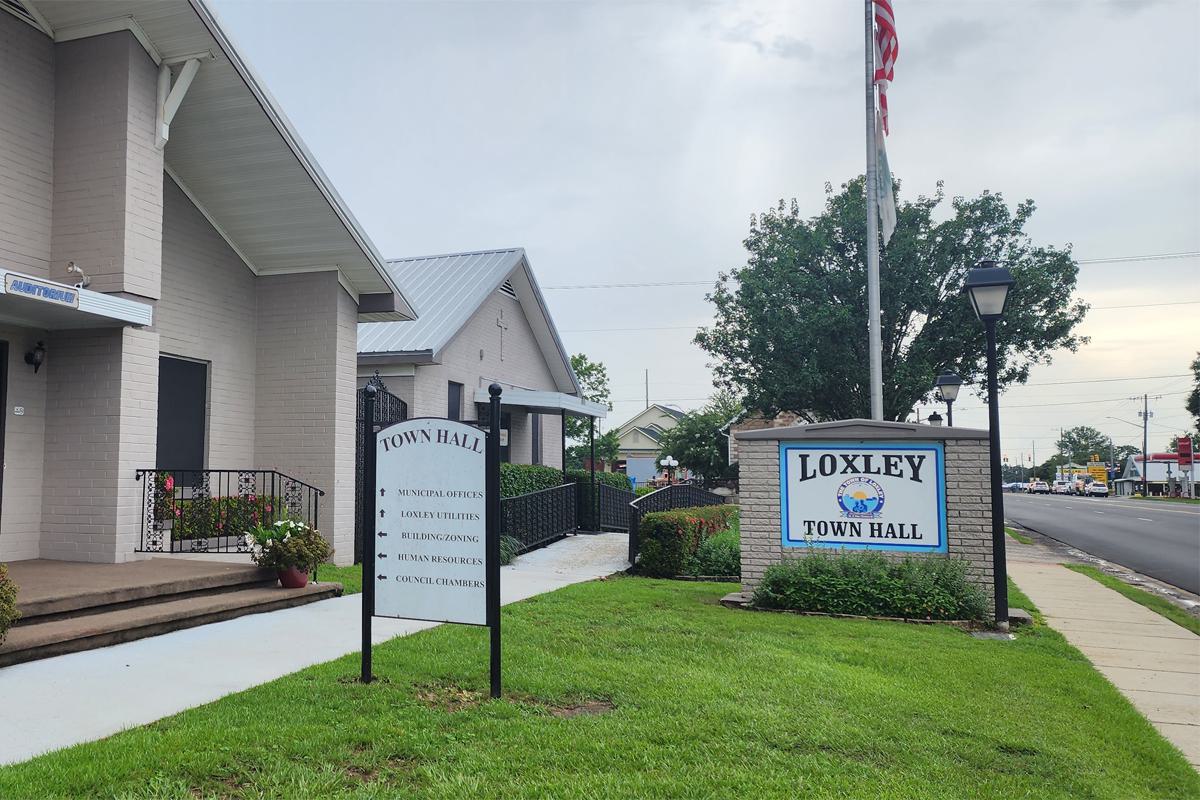South Baldwin Regional Medical Center wants to bring a freestanding emergency department to Loxley. With a population of 4,404 and thousands traveling through the city every month, the Baldwin County city has no options nearby for medical care. However, the hospital may not happen if the Certificate of Need (CON) Review Board doesn’t approve it.
Gulf Health Hospitals, Inc., which owns Thomas Hospital, North Baldwin Infirmary, Thomas Hospital at Malbis, and Mobile Infirmary Association, is contesting the CON.
The case was contested in June 2023 and still has not been resolved. Meanwhile, people in the rural areas surrounding Loxley have few health care options.
The State of Alabama has required CON approval since 1979. Unlike other businesses, health care facilities must undergo a process that often prolongs the time between the idea for a new facility and actually breaking ground. The board is set up to review the market in which these facilities are being built and can deny a certificate.
The delay and sometimes refusal of a CON are why lawmakers have been trying to fix the system for years. They say the people should be put ahead of protecting medical facilities from competition.
During the height of the COVID pandemic, hospitals in Alabama did not have enough beds for patients. Emergency rooms were so full that at times, ambulance drivers and fire departments were stuck outside of hospitals for hours waiting to drop off patients.
The pandemic highlighted the need for more beds, especially in rural areas. More than 11 rural hospitals have closed in Alabama in the past 12 years and medical providers believe freestanding emergency departments are the answer.
State Sen. Larry Stutts (R-Tuscumbia) sponsored a bill earlier this year that would have exempted 47 rural counties from the CON requirement. However, that bill failed in committee.
"It’s about making medical services available in rural communities and certificate of need creates an unnecessary barrier to having those services in all communities but particularly in rural communities,” Stutts told 1819 News last month. “It’s a big expense. Second, it’s a big delay. The people that are opposed to reforming the CON process or eliminating it completely are all the people that already have one. It’s anti-competitive, just totally an unnecessary barrier.”
The governor appoints all nine members of the CON review board, which includes three consumers, three health care providers and three governor representatives. Those who oppose the CON program believe the members could negatively impact medical facility growth throughout the state due to conflicts of interest.
To connect with the author of this story or to comment, email erica.thomas@1819news.com.
Don’t miss out! Subscribe to our newsletter and get our top stories every weekday morning or become a member to gain access to exclusive content and 1819 News merch.










